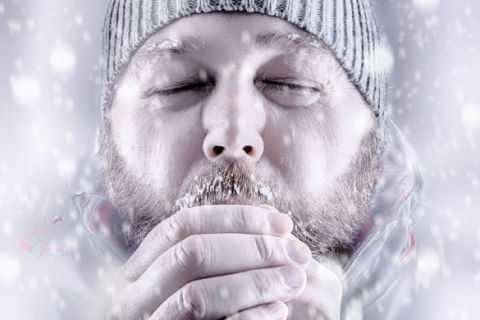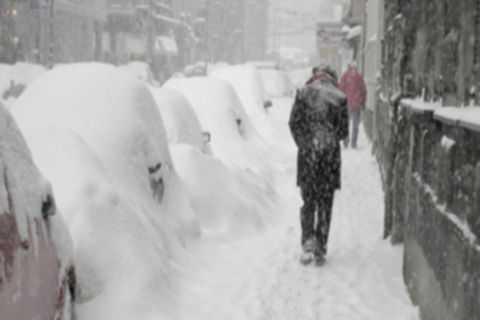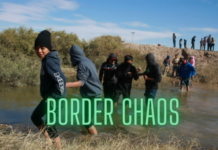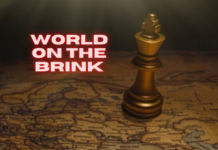
After what turned out to be one of the worst weather disasters to strike New York in recent history, Buffalo residents had to gather around space heaters, hoping they’ll make it through the ice-cold night.
28 people died as the ferocious storm raged on through western New York and meteorologists are expecting another nine inches in some areas through Tuesday this week.
Death rates skyrocket in western NY as storm rages on
Erie County’s Executive Mark Poloncarz believes the storm is nowhere near its end and the blizzard was one of the worst storms he’d seen in his lifetime.
Houses entombed in ice along Lake Erie. It really shows how potent the storm was! @weathernetwork @RCGS_SGRC pic.twitter.com/nW2bPR5EqB
— George Kourounis (@georgekourounis) December 26, 2022
This says a lot, considering western New Yorkers are accustomed to dealing with massive amounts of snowfall, but never to this extent.
It’s been found that some individuals were stranded in their cars for over two days at this point; the rescue teams are expecting to find even more of the deceased in their homes, cars, and snowbanks.
Top scientists in the country believe the storm may have been caused by climate change. The National Snow and Ice Data Center’s director Mark Serreze believes we’re in for one hell of a winter.
As the storm entered its 4th day, people pleaded for food and diaper donations, mainly due to the fact that every grocery store in the area is either closed or not accessible.
The only way to move abandoned vehicles across Buffalo, New York after the historic blizzard impacted the area!
Permission: Dom Griffo #blizzard #buffaloblizzard #Buffalo #BuffaloNY #NYwx #Buffalosnowstorm #blizzard2022 #BlizzardOf22 #BuffaloStorm2022 #BuffaloBlizzard2022 pic.twitter.com/TqLMr8s87y
— Live Storm Chasers (@LiveStormChaser) December 26, 2022
Relief is coming
While the meteorologists are predicting that temperatures will rise toward the end of the week, it doesn’t remove the possibility of another storm of this magnitude happening later on.
Ashton Robinson Cook, the National Weather Service’s meteorologist, believes the bomb cyclone, which developed somewhere near the Great Lakes, has weakened significantly, and the blizzard will slowly let up.
However, the damage has already been done; with 28 lives lost, it’s hard to say the storm didn’t have a massive impact on the city.
Over 3.4k flights were canceled on Monday sometime around 3 PM, with Southwest Airlines suffering the biggest losses, seeing as they were forced to cancel and delay almost 60% of their flights.
It sucked getting stranded by the storm, but at least I got a cool video out of it #ONStorm pic.twitter.com/ZkjqjPr3Tc
— Jacob Rahme (@jrahmecode) December 24, 2022
Some New Yorkers, like Mellissa and James Osmon, were stranded without power for 72 hours in the Williamsville suburb. Because of going this long without any power, they would make short trips to their car just to stay warm.
Communities from Maine to Seattle lost power and deaths were reported across the nation, with a minimum of eight deaths due to crashes in Kansas, Kentucky, and Missouri.
In Mississippi, the city of Jackson had its water system completely devastated, with certain areas left with little to no water pressure for days.
On the 25th, residents were told to boil their water due to the water line bursts that happened because of the extreme temperature conditions.












